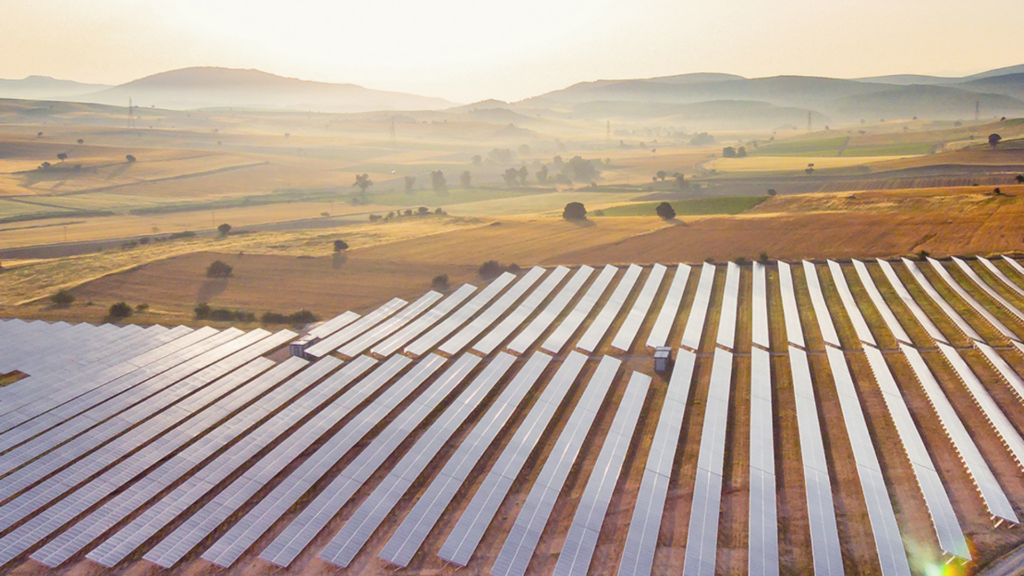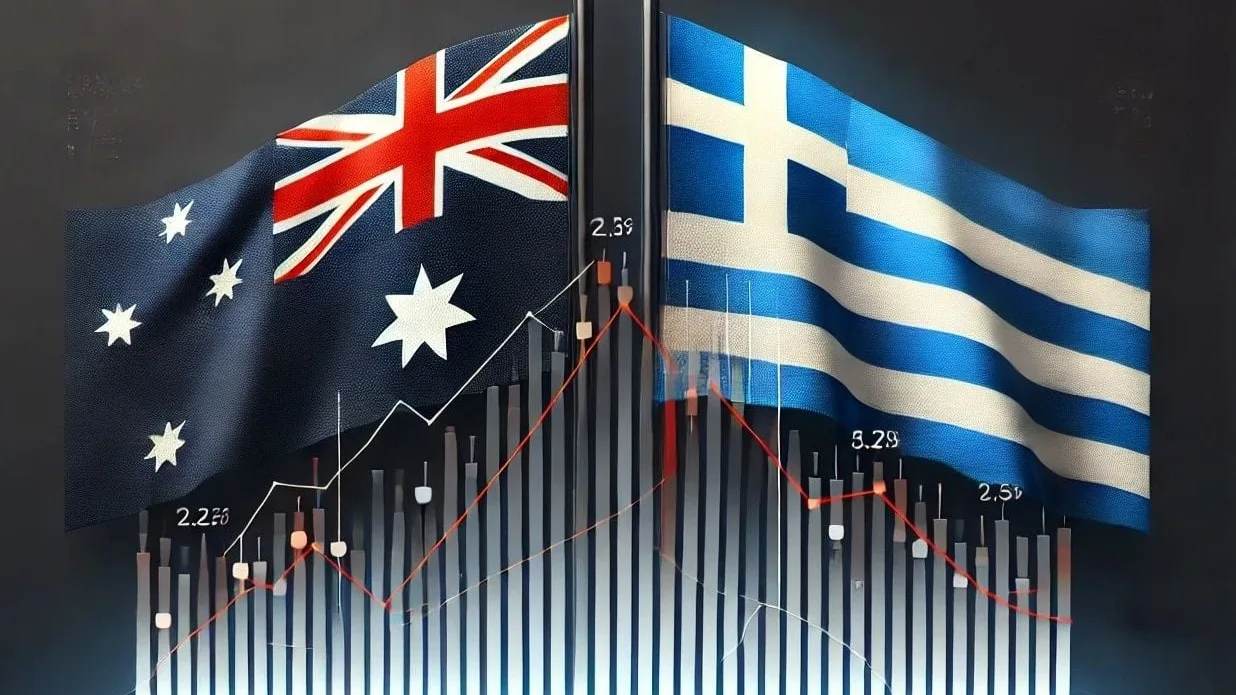A recent report by the Greek Office of Economic and Commercial Affairs in Sydney has highlighted Australia’s potential investment interest in Greece, underlining the strong economic relations between the two nations.
Over the past seven years, trade in goods and services has tripled, while inward investment has demonstrated a steady upward trend. Greece notably maintains a trade surplus, primarily exporting food and pharmaceuticals, while Australia imports minerals, energy, and agri-food products.
This cooperation is further enhanced by significant investments in energy, renewable energy, real estate, tourism, and shipping, alongside approximately 300,000 Australian tourists visiting Greece annually. The robust Greek Australian community plays a crucial role as a stable foundation, acting as a “bridge” for economic collaboration.

Traditionally, Greece has shown a surplus in its trade balance with Australia. Although there was a slight decline in this surplus in 2023, the volume of trade in goods and services continued to rise. The services sector’s contribution to the overall trade volume is substantial, with a ratio of approximately 1:5—€266 million in goods compared to €1.2 billion in services by 2023. Both sectors display positive dynamics and strong surpluses.
In 2023, the total volume of bilateral trade in goods and services reached €1.46 billion, reflecting a 4.5% increase. Exports accounted for €1.36 billion, while imports totalled €103 million. Greece ranks as the 55th largest supplier to Australia, providing products worth €210 million. The services balance remains traditionally positive, with tourism and shipping serving as the main revenue sources.
According to the latest Eurostat data, the most significant contribution to Greece’s receipts from Australia comes from transport services, which constituted 57.1% of total revenues in 2023, generating €667 million. Maritime freight transport is the primary focus within this category. Tourism is another vital area, with Greece earning €483 million from Australian tourists in 2023—a remarkable 201.7% increase compared to the previous year, accounting for 41.4% of total receipts. Notably, Australian tourists have the highest average expenditure per capita, significantly exceeding that of other foreign visitors, highlighting the importance of this market.
Several major Australian companies are actively investing in Greece, including Macquarie (energy and infrastructure), ResMed (medical equipment), CSL Limited (pharmaceuticals), and Kourispower (hydropower). Noteworthy is Macquarie’s investment of AUD 3.4 billion (€2.1 billion) in Greece’s electricity network in September 2021, marking the most extensive privatisation in the country’s history. The firm also announced plans to invest AUD 2.44 billion (€1.5 billion) in renewable energy projects, telecommunications, and electrification.
Furthermore, an Australian investment has been completed for the construction of luxury tourist complexes in Folegandros, valued at €20 million, while a strategic investment in a large tourist complex in Ithaca is currently underway, with an initial budget of €650 million.
On the flip side, the most significant Greek investment in Australia comes from Metlen Energy & Metals (formerly MYTILINEOS Energy & Metals), which operates six photovoltaic parks with a total capacity of 530 MW. However, in mid-July, the company announced plans to sell its portfolio as part of its Asset Rotation Plan, highlighting Australia’s appeal for green energy investments.

The report identifies several sectors in which Greece presents attractive opportunities for Australian investors. The real estate industry, for instance, is thriving in Australia, enabling investors to assess international opportunities while managing specific investment nuances. This sector is particularly appealing for mid-cap investments, serving as an attractive entry point for cautious investors.
Moreover, Australia’s extensive experience in managing large-scale product distribution networks suggests that logistics infrastructure presents a viable opportunity for international companies considering operations in Greece. The transport sector also holds promise, as Australia’s geographical vastness has led to effective practices in combined transport, which could be beneficial in linking to international networks.
Enhancing the aviation sector between Australia and Greece is crucial, focusing on maximising existing frameworks, expanding investment opportunities, and fostering regulatory cooperation in aviation.
In terms of energy, Australia’s abundant resources, particularly in critical raw materials, underscore the need for policies to encourage Greek investments in this sector. Collaboration through existing multilateral energy forums can promote competitiveness and the exchange of best practices while supporting the development of sustainable energy production and storage technologies.
Following the recent signing of an EU-Australia Memorandum of Understanding regarding critical raw materials, cooperation between Greece and Australia in this vital sector is poised to improve.
The financial sector remains a top priority for Australian investors, driven by a compulsory superannuation system that has positioned the Australian economy as a significant source of international investment funds, ranking fifth globally with AUD 4.5 trillion. This system facilitates close ties with Asian markets, such as China and Singapore, potentially allowing Greece to benefit from investments directed toward equities, real estate and infrastructure.
